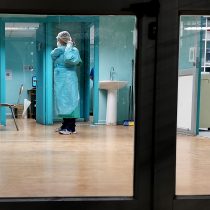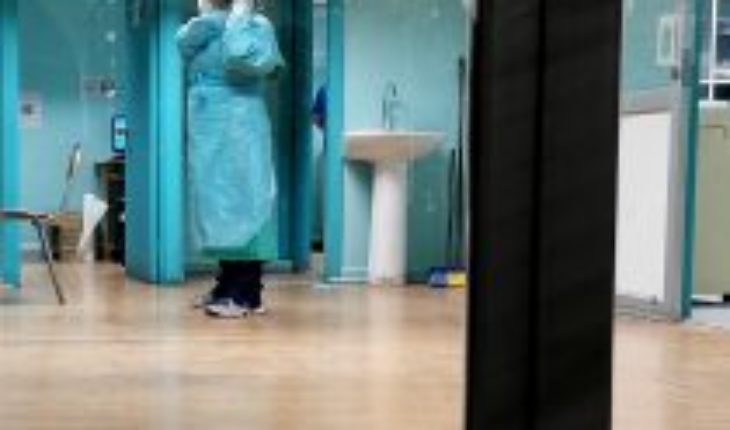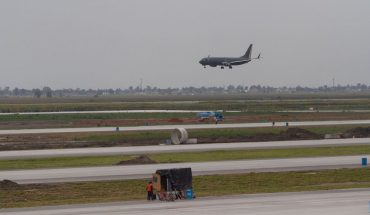
The Chilean Society of Epidemiology again referred to their complaint against the Ministry of Health, stating that they would only be reporting symptomatic cases to the World Health Organization (WHO), a complaint that was denied by Minister Jaime Mañalich himself.
In this regard, the vice-president of the Sochepi and academic of the School of Public Health of the University of Chile, María Paz Bertoglia said that to radio Futuro that “never really existed a plateau, it was very premature to use that concept”.
“When you forcefully install a speech that the disease is being controlled, it relaxes (…) population,” he added, explaining that “all predictive models indicated that cases were on the rise, and that’s what happened over the weekend.”
In this sense, he warns that the government’s communication has not been the best: “You have to be careful how the message is delivered to the population. Malls, shops, talk of the new normal – which luckily is no longer being used – were opened and that is a contradictory message.”
“The R0 (number that gives us an idea of the reproduction of an infection based on how many new cases a contagion can generate) rose again and that means there will be a spike in transmission speed in the coming days. Right now it’s 1.38. We had used to reach a 1.06 that was super good, but it went up again,” Bertoglia says.
What does the future look like? “The next few weeks are going to be complex because the demand for critical beds and mechanical fans is increasing.” “We are just starting the peak of contagion,” and “we could be just thinking about a drop in cases in June or July, if effective outbreak control measures are installed,” he adds.
“If this transmission rate and number of infectants are active, in 5 more days 98% of critical beds could be occupied,” he said.





